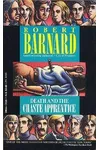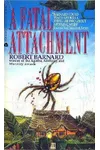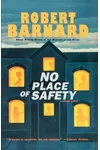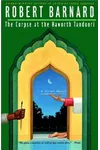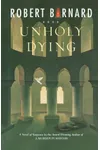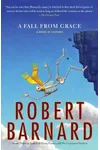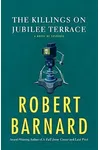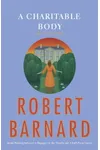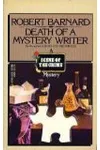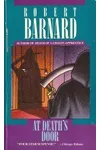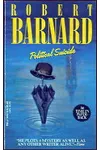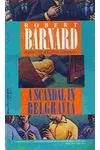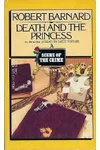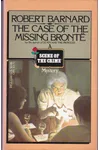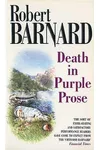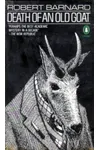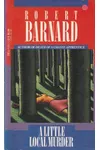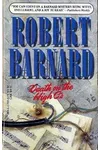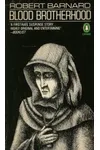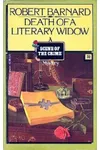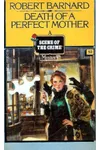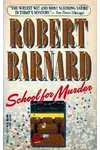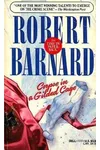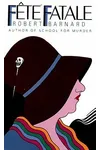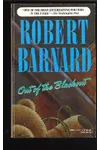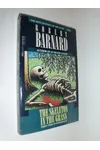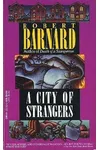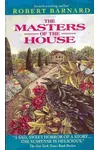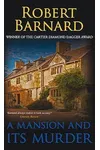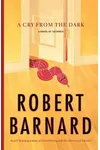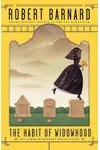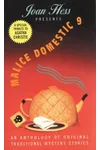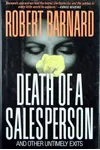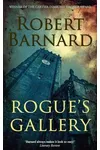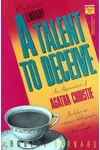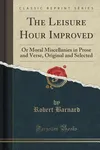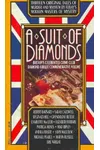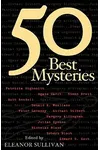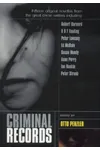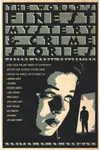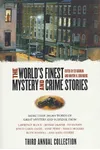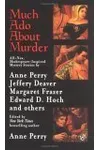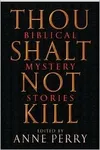Picture an English storyteller who spun witty, wickedly clever mysteries that kept readers guessing until the final page—meet Robert Barnard! Born in 1936, this prolific crime writer, critic, and academic crafted over 40 novels, blending cozy charm with sharp social satire. From his Charlie Peace series to his love for Agatha Christie, Barnard’s tales are a delightful dive into the art of the whodunit.
The Making of Robert Barnard
Robert Barnard was born on November 23, 1936, in Burnham-on-Crouch, Essex, to a father who penned romantic tales for women’s magazines. A self-described “snobbish little schoolboy,” young Robert devoured crime fiction, setting the stage for his future. Educated at Colchester Royal Grammar School and Balliol College, Oxford, he earned a degree in English and later taught at universities in Australia and Norway. His global travels and academic roots infused his mysteries with rich, vivid settings, from Australian campuses to Norwegian winters.
Barnard’s writing career kicked off in 1974 with Death of an Old Goat, a satirical campus mystery penned while he was a lecturer in Norway. His early love for Agatha Christie’s clever plotting and his sharp wit shaped his approach, making him a master of the traditional English detective story.
Robert Barnard’s Unforgettable Stories
Barnard’s novels are a treasure trove of cozy mysteries laced with humor and biting social commentary. His Charlie Peace series, featuring a detective inspired by a real-life 19th-century murderer, blends gritty charm with clever twists. Standout titles like A Scandal in Belgravia (1991), which won the Nero Award, showcase his knack for intricate plots set in picturesque locales. Death of a Mystery Writer (1979), an Edgar-nominated gem, skewers a pompous author with delicious satire, while The Missing Brontë (1983) weaves his passion for the Brontë family into a gripping tale.
Under the pseudonym Bernard Bastable, Barnard explored alternate history with novels like Too Late to Die, starring an aged Wolfgang Mozart as a detective. His style evolved from light, Christie-esque romps to darker, psychological narratives in later works like A Fatal Attachment. Whether poking fun at academia, politics, or the class system, Barnard’s stories are as entertaining as they are insightful, earning him a loyal following, especially in the U.S.
Why Robert Barnard Matters
Robert Barnard’s legacy lies in his ability to make crime fiction both fun and thought-provoking. His “deliberately old-fashioned” mysteries revived the Golden Age of detective fiction, blending cozy settings with modern satire. A 2003 Cartier Diamond Dagger recipient, he influenced a generation of crime writers, including contemporaries like Reginald Hill and Peter Lovesey. His critical works, like A Talent to Deceive, an appreciation of Agatha Christie, cemented his status as a genre scholar.
Barnard’s love for the Brontës also left a mark, with his biography of Emily Brontë and A Brontë Encyclopedia showcasing his literary depth. Despite dementia in his final years, his stories remain timeless, inviting readers to unravel mysteries with a smile. His work reminds us that a good whodunit can entertain while holding a mirror to society.
- Born: November 23, 1936, Burnham-on-Crouch, Essex
- Key Works: Death of a Mystery Writer, A Scandal in Belgravia, The Missing Brontë
- Awards: Cartier Diamond Dagger (2003), Nero Award (1992)
- Died: September 19, 2013, Leeds, England
Ready to crack open a clever mystery? Snag Death of a Mystery Writer and dive into Robert Barnard’s wickedly fun world of crime!


